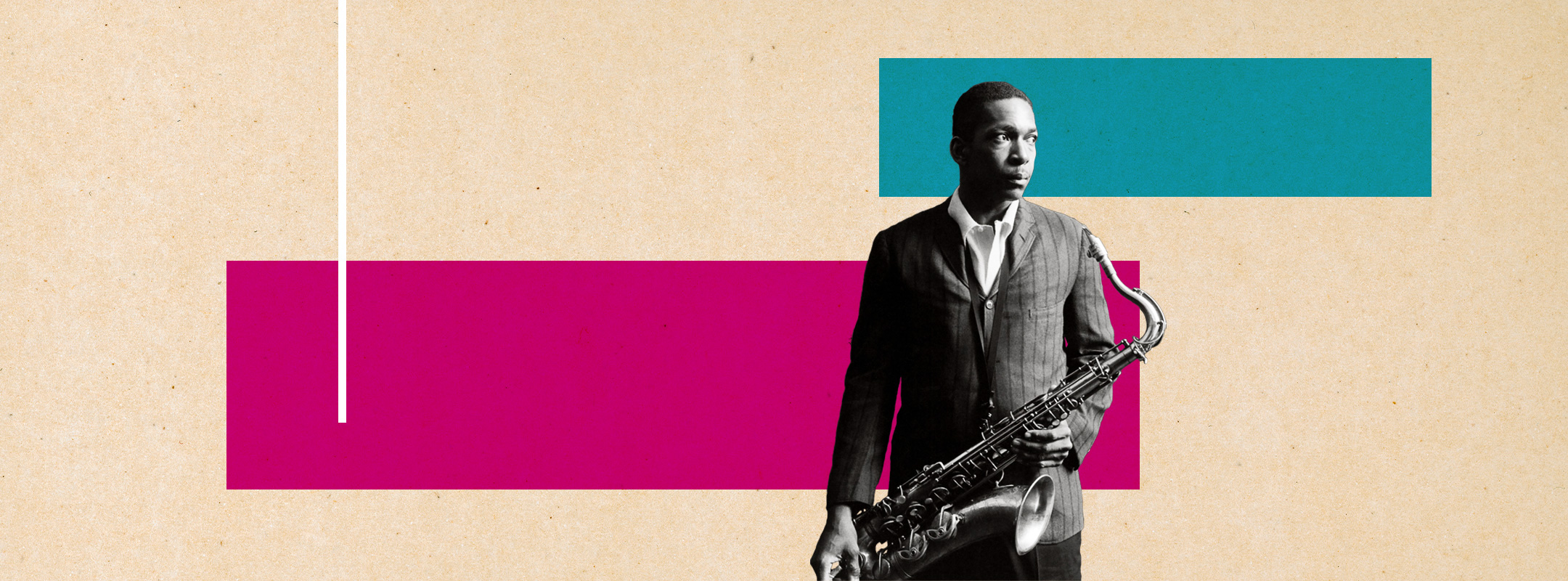
Communications Manager
Recently I've become jealous of my phone.
No, it's not its ability to draw on the sum of human knowledge in a few swift taps or even that sometimes its battery can outlast my energy levels. What turns me green with envy is a ritual that takes places each evening as my thoughts turn to sleep.
'Close All'.
A simple click of this button shuts down all apps, clears the phone of all processes, and achieves what most seek through years of dedicated meditation and mindfulness.
In these unprecedented times (yes, there's that word again) I would be spamming that button every night to help shut off all my thoughts and get some sleep. In the absence of this nifty biohack, I turn to the next best thing.
Music. The handy aural drug that can flick the switch in your brain, transporting you to a place or time and also flood your body with endorphins to help relieve the stress and worries of the day. God knows we could all use a bit of that at the moment.
Here at Southbank Sinfonia, we've been hosting Q&A sessions with people from across Classical Music, and the globe, to give our musicians an insight into the different aspects of the industry. It was our first week with Matthew Swann and Bob Riley (CEOs of City London Sinfonia and Manchester Camerata, respectively) that sent my mind back to a memorable night at University which sparked a new passion.
When asked by one of our players what advice they'd give to emerging musicians, one answer seemed to resonate with all.
Listen to as much different music as possible.
This is a lesson I gratefully learned while at the University of Chichester, which consisted of a music department bustling with a variety of sounds. From one room you'd hear Sondheim show tunes, the next a Bach Prelude, continue down that hallway and you've got African drumming, electro-acoustic soundworlds, and heavy metal roaring from tiny amps.
But for me, Wednesday nights were when the department came alive.
Gathered in one of the lecture rooms, our 'jazzers' would piece together groups to play through what they'd been learning throughout the week. Members of these scratch ensembles would wander from table to table trying to find the missing piece to their personnel puzzles.
"Hey, could you play bass for Autumn Leaves?" enquired in hushed tones as someone wails out the haunting melody of Misty.
A particular night sticks with me. It's the end of the year, often a poignant time as we say goodbye to some stalwarts of the evenings, and a saxophonist takes to the stage to perform John Coltrane's notoriously challenging composition Giant Steps. Here is a great video that can explain in great detail the cult status it has achieved.
Only hours earlier this musician had performed the piece in his final recital, and now he wanted to give it a proper send-off in front of his friends and colleagues. What followed stunned the room to complete silence.
It was phenomenal. This was music from the depths. With fingers braided around the keys of the sax, the horn bellowed out the murmurs of the soul. Launching into the solo at breakneck speed, you could feel yourself being drawn in, falling deeper down into the spiralling chord sequences.
Perhaps it was the third sickly-sweet bottle of Crabbies that I was working through (the lecture room proudly was the only one in the University that was licensed to have a bar, resulting in a begrudging SU worker dragging over a shopping trolley of drinks), but this special moment has always stuck with me and instilled in myself a deep love of jazz.
Later, I spoke to one of our lecturers, who was in the earlier exam, who commented on the next level of musicianship that was found through that release. No pressure of examination, music for the sake of music.
We hope to one day return to this unmatchable experience of live music. There are precarious stepping stones ahead for us to transverse, feebly laid out in the Culture Secretary's five-stage plan.
Until then, it's the 'Close All' button and Coltrane tracks for me.
Find out more about Sam here.
Image credit: Sam Olivier